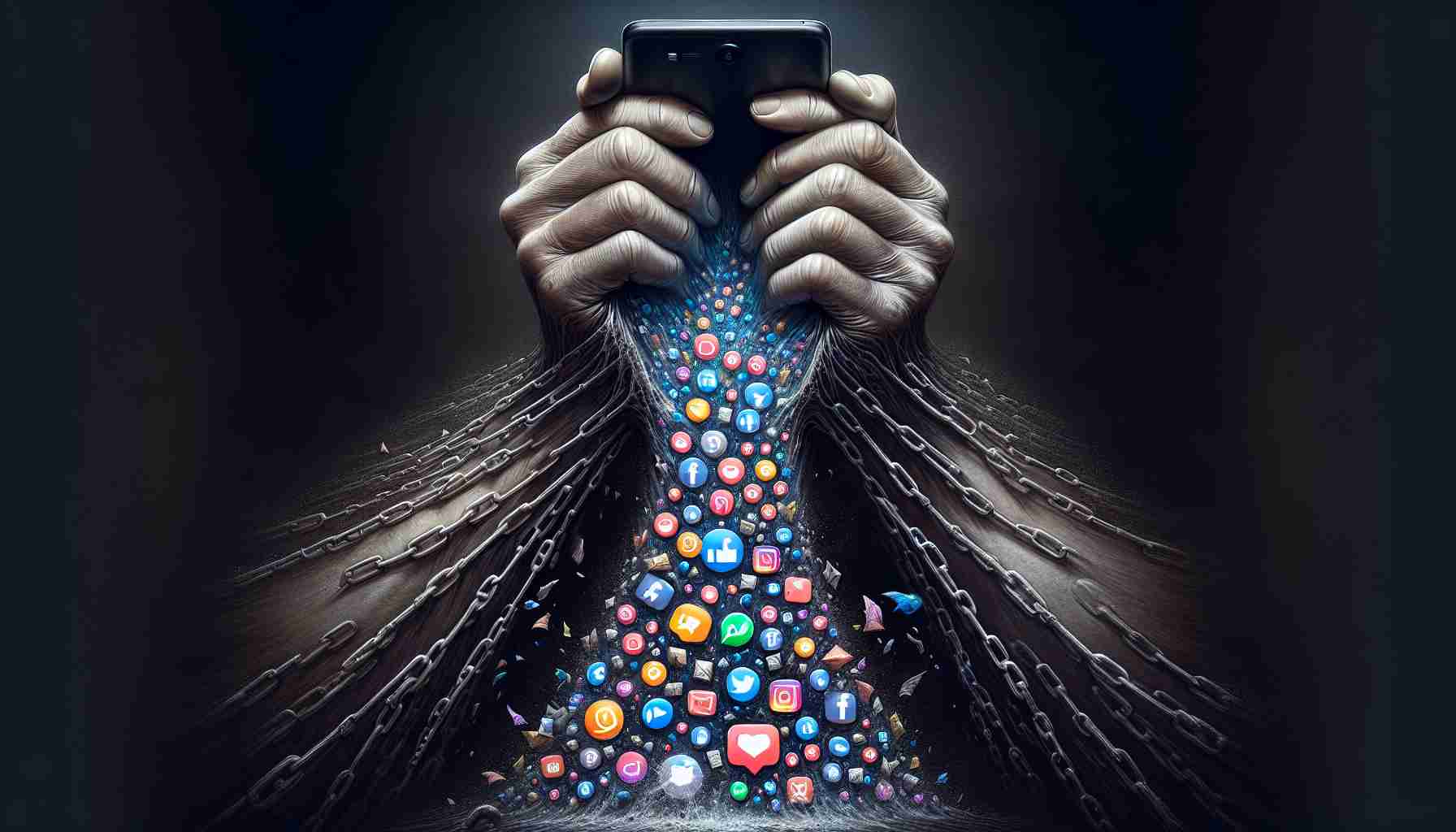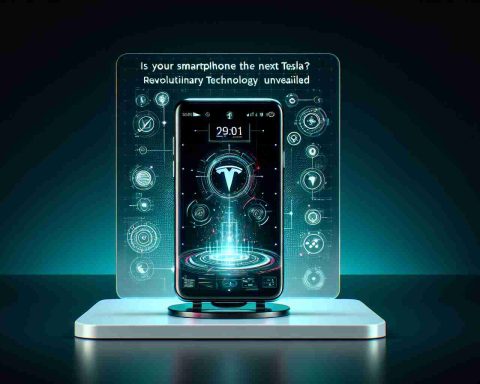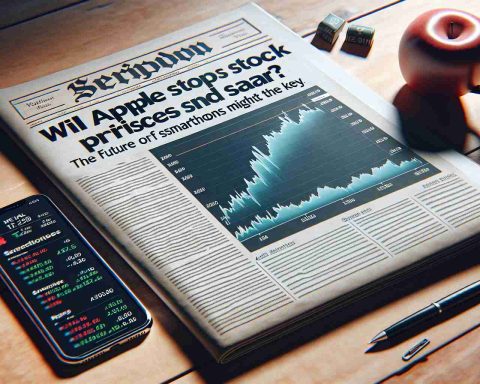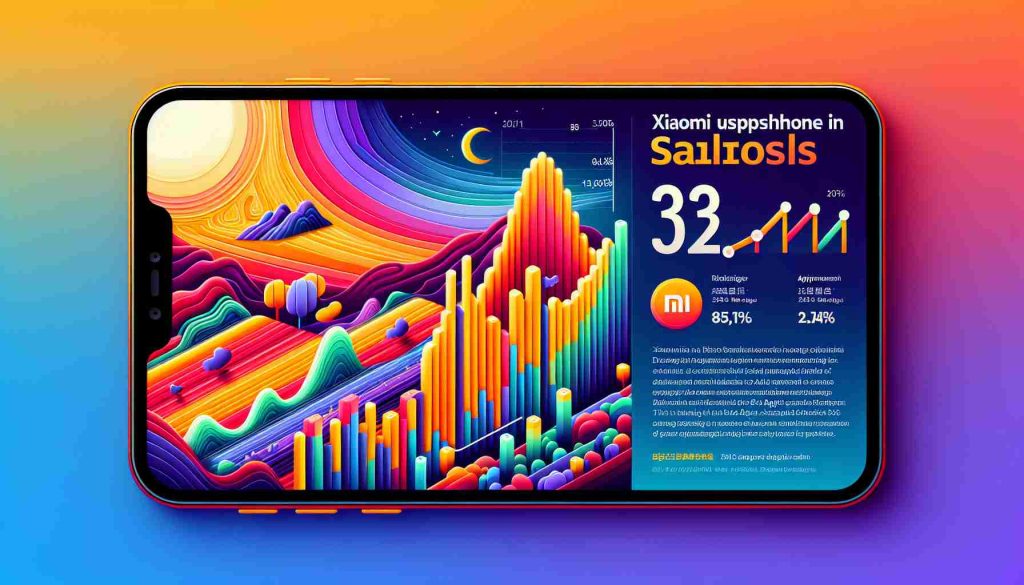In today’s digital age, many people find themselves caught in the cycle of endless social media consumption. Platforms like TikTok and Instagram are engineered to hold our attention, leading to a phenomenon known as doomscrolling. Statistics reveal that approximately 31% of adults in the United States engage in this habit, a trend particularly pronounced among younger users who have grown up in a tech-savvy environment.
While surfing through amusing videos or trending topics may appear harmless, excessive engagement with negative content can seriously impact mental well-being. Studies indicate symptoms such as increased irritability, diminished focus, and mental fatigue can arise from prolonged social media use. Ironically, many users turn to these platforms to escape stress, inadvertently creating a harmful cycle.
Fortunately, there are several tools designed to help those looking to curb their screen time and establish healthier digital habits. For instance, one of the most popular apps, Freedom, is a comprehensive tool that allows users to block distractions and schedule focused work sessions. Additionally, Blinkist provides succinct summaries of non-fiction books, enabling users to gain knowledge without resorting to mindless scrolling.
Lastly, the innovative app, Forest, encourages users to stay off their phones by planting virtual trees, promoting environmental awareness while fostering productivity. These applications represent just a few options available to anyone aiming to reclaim their time and improve their relationship with technology.
Breaking Free from Mindless Scrolling: Strategies for a Healthier Digital Life
In an era where digital devices dominate our daily lives, breaking free from mindless scrolling has become an essential consideration for mental and emotional well-being. While many are aware of the dangers of excessive social media use, there is a growing body of evidence suggesting the problem extends beyond simple procrastination. Users often find themselves trapped in a cycle of consumption that affects their productivity, relationships, and overall happiness.
What are the underlying issues of mindless scrolling?
Mindless scrolling often serves as an escape mechanism for various underlying issues, including anxiety, loneliness, or boredom. Research shows that social media can provide a temporary distraction, but it often exacerbates feelings of inadequacy or loneliness as users compare themselves to curated images of perfection presented by others. An interesting statistic indicates that users who spend more than two hours a day on social media are more likely to experience feelings of depression and isolation.
How can individuals regulate their digital consumption?
Regulating digital consumption requires a multi-faceted approach. Some effective strategies include:
1. Setting Time Limits: Many smartphones now come with built-in features that allow users to set daily limits on app usage. Utilizing these tools can create a more mindful relationship with technology.
2. Engaging in Physical Activities: Physical exercise has been shown to reduce mental fatigue and improve mood, providing a healthy alternative to scrolling.
3. Mindfulness Practices: Techniques such as meditation and deep-breathing exercises can promote awareness of one’s digital habits and encourage users to make more conscious choices about how they spend their time online.
What are the key challenges and controversies?
One of the significant challenges in breaking free from mindless scrolling is the addictive nature of social media platforms. Developers often design features that promote engagement, such as infinite scrolling and notification systems. As a result, users may feel a compulsion to remain connected constantly.
Moreover, the debate over the ethical responsibility of tech companies in managing this addiction continues. Should social media platforms implement stricter measures to protect users, or is it ultimately the user’s responsibility to manage their consumption?
Advantages and Disadvantages of Mindless Scrolling
Advantages:
– Connection with Others: Social media allows users to connect with friends and family, share experiences, and find communities of like-minded individuals.
– Access to Information: It can facilitate the dissemination of information, offering immediate updates on global events and trends.
Disadvantages:
– Mental Health Issues: Excessive use can lead to anxiety, depression, and diminished self-esteem.
– Time Consumption: It can take away valuable time that could be spent on more productive activities or personal growth.
In Conclusion
Breaking free from mindless scrolling is not merely about reducing screen time; it’s about fostering a healthier relationship with technology. By implementing strategies that promote mindfulness and awareness, individuals can reclaim precious time and improve their overall well-being.
For those seeking further resources on managing screen time, consider visiting Mental Health for tips on maintaining mental wellness, or Addiction Center for information on technology addiction and its impact on behavior.
























